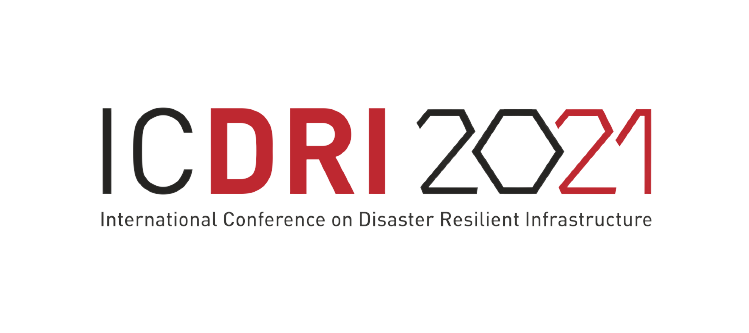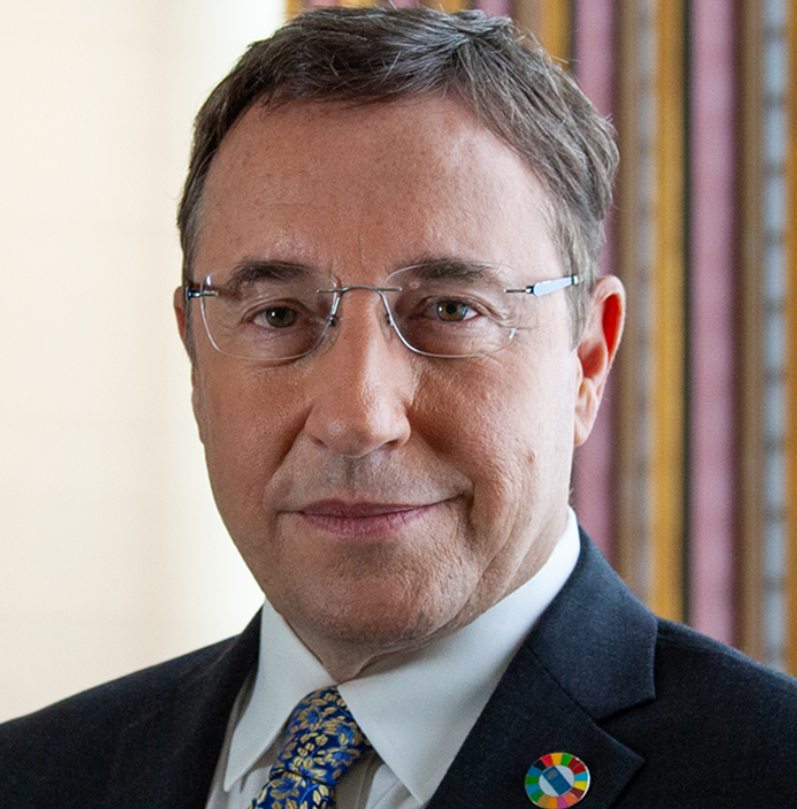Situating Resilient Infrastructure In The Context Of International Commitments
Day 1, 17 March 2021, 1815 - 1930 IST
Session Annotation:
This stage-setting session will discuss how investing in disaster and climate resilient infrastructure can provide much needed impetus to progress against the Sustainable Development Goals (SDGs), the Paris Agreement on Climate Change, and the Sendai Framework for Disaster Risk Reduction (SFDRR), while also making vital contributions to COVID-19 recovery. The session will explore challenges and opportunities in the current global context and identify strategies for making progress against these international commitments.
Session Overview:
Countries have been grappling to deal with the impacts of climate change and extreme events as they pose various risks to people, vital infrastructure, economy and future development. A significant proportion of the economic losses due to extreme events is attributed to the direct physical losses and damages to infrastructure systems, thereby pressing the need for integrating disaster and climate resilience for infrastructure development. Further, the COVID-19 pandemic has led to an unprecedented impact on infrastructure sectors world-wide and is only the latest reminder of the need for investing in disaster and climate resilient infrastructure. Even though the pandemic has not led to direct damages to physical infrastructure, it led to interruptions in infrastructure services having significant implications on the economy. The pandemic also exposed systemic risks across various sectors, and the underlying drivers such as poverty, poor health systems, and limited social welfare schemes that perpetuated these risks. The risks cut across different sectors and strongly brought out the imperative to understand and address systemic and cascading risks and fragilities.
As part of COVID-19 global recovery, infrastructure investments are being looked at as an indispensable part of fiscal stimulus packages aimed at restarting economic activities. Countries are expected to invest heavily in infrastructure sectors as an attempt to mitigate the impacts of the economic fallouts as well as create employment and improve competitiveness simultaneously. While the health and economic implications takes centre-stage when planning for COVID-19 recovery, the urgency of the climate emergency cannot be ignored. With countries submitting their national climate action plans as part of the Paris Agreement, this is a crucial year for climate action as well. It is important that the COVID-19 recovery and climate action plans complement each other. Studies show that infrastructure construction and operations account for 70% of global greenhouse gas emissions and the provision of quality infrastructure underpins the achievement of 92% of targets across all SDGs.
In light of these considerations, the infrastructure investments and policies to bolster economies as part of the COVID-19 global recovery plan should be effectively leveraged as an opportunity to deliver on the existing key international commitments. Though some progress has been made on SDGs and the SFDRR targets, the overall action to meet them has not advanced at the required pace. The pandemic has further pushed back their progress. The COVID-19 recovery can be utilized as a window of opportunity to progress on the international goals and targets and build a clean, green, healthy, inclusive and climate-friendly future.
Against this background, this session will reflect on how investments in disaster and climate resilient infrastructure can accelerate the progress against the Paris Agreement on Climate Change, SDGs and SFDRR, while also significantly contributing to COVID-19 recovery. The session will explore challenges and opportunities in the current global context and identify strategies for making progress. To this end, this session will explore questions such as:
- How has the pandemic impacted the achievement of the Paris Agreement, SDGs and the SFDRR targets, and the commitments directly related to infrastructure development?
- In the present scenario, do these goals and targets need to be recalibrated?
- Is there a need to revisit the projections related to required investments in disaster and climate resilient infrastructure? How do we go beyond asset-level risk to systemic risks?
- How do we anticipate cascading risks across infrastructure sectors?
- Is there a need to revisit the projections related to required investments in disaster and climate resilient infrastructure?
The session will set the tone for the three days of ICDRI 2021.






